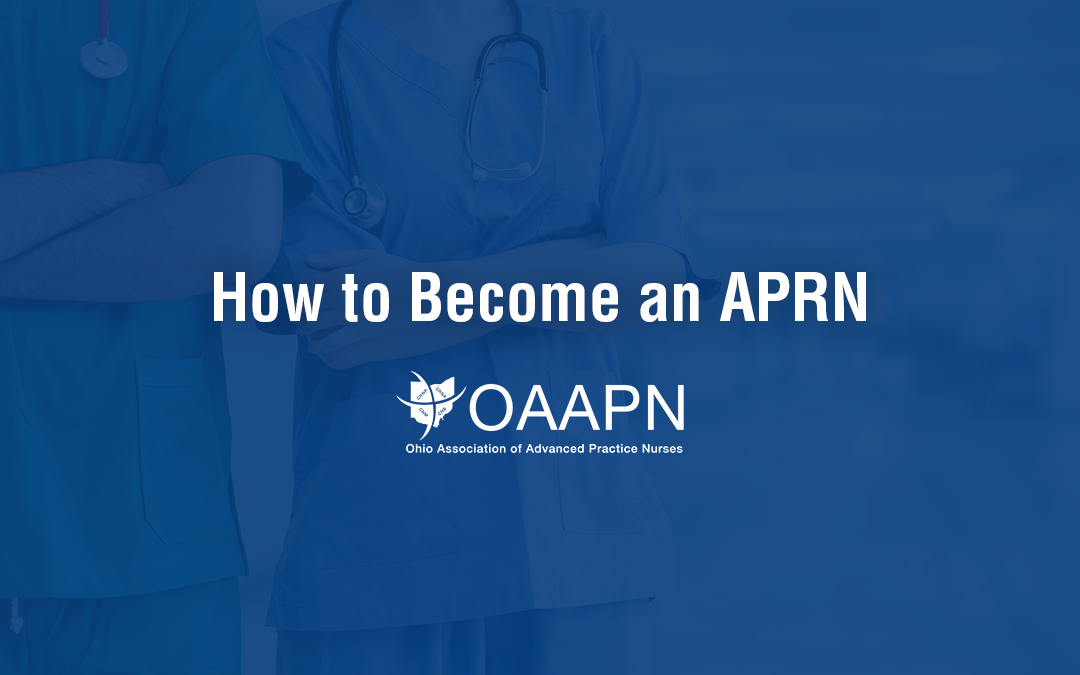
A widespread shortage of physicians is placing pressure on the nursing profession to fill the gap. The result is that the demand for advanced practice registered nurses (APRNs), is expected to grow at a high rate. In addition, new knowledge in medical care requires more nurses with advanced training and experience in a variety of specializations.
Why get an advanced degree in Nursing?
Completing further education can significantly expand job opportunities for nurses at all levels. APRNs with a Masters or Doctoral degree are in high demand in all specializations and all locations with considerably higher salaries. Since the BSN is increasingly being required for registered nurse positions, an RN with a diploma or ADN might consider one of the RN-to-BSN programs that are conveniently offered to working nurses in many colleges across the country.
What does the path towards becoming an APRN look like?
Pathways differ to becoming an APRN in Ohio, but they generally involve the completion of undergraduate and graduate programs in nursing; the attainment of both an RN license and national certification; and finally an application to the Ohio State Board of Nursing for advanced practice licensure.
After earning an RN license, many seeking to become an APRN choose to work for a year or more to gain clinical experience necessary for furthering their education. Following at least one year of work experience, prospective APRNs in Ohio typically apply to a graduate program in nursing, and seek one of the following specializations: adult-gerontology (acute or primary care), pediatrics (acute or primary care), women’s health, family care, psychiatric-mental health, and neonatal care.
What credentials are required?
Upon earning the necessary graduate degree, APRNs in Ohio must earn their national credentialing. While the specific certifying agency varies by specialization, the application processes are similar, requiring proof of a graduate-level nursing degree from an ACEN- or CCNE-accredited program; proof of at least 500 practice hours in one’s intended specialization; an application fee; and a passing score on a comprehensive application. Once national credentialing is received, APRNs in Ohio must apply for state certification through the Ohio Board of Nursing.
The vision of the Ohio Association of Advanced Practice Nurses is that Ohio APRNs will be recognized as leaders in providing affordable, accessible, quality healthcare for all Ohioans. And it is thanks to our members who choose to invest in themselves and our shared profession through membership.